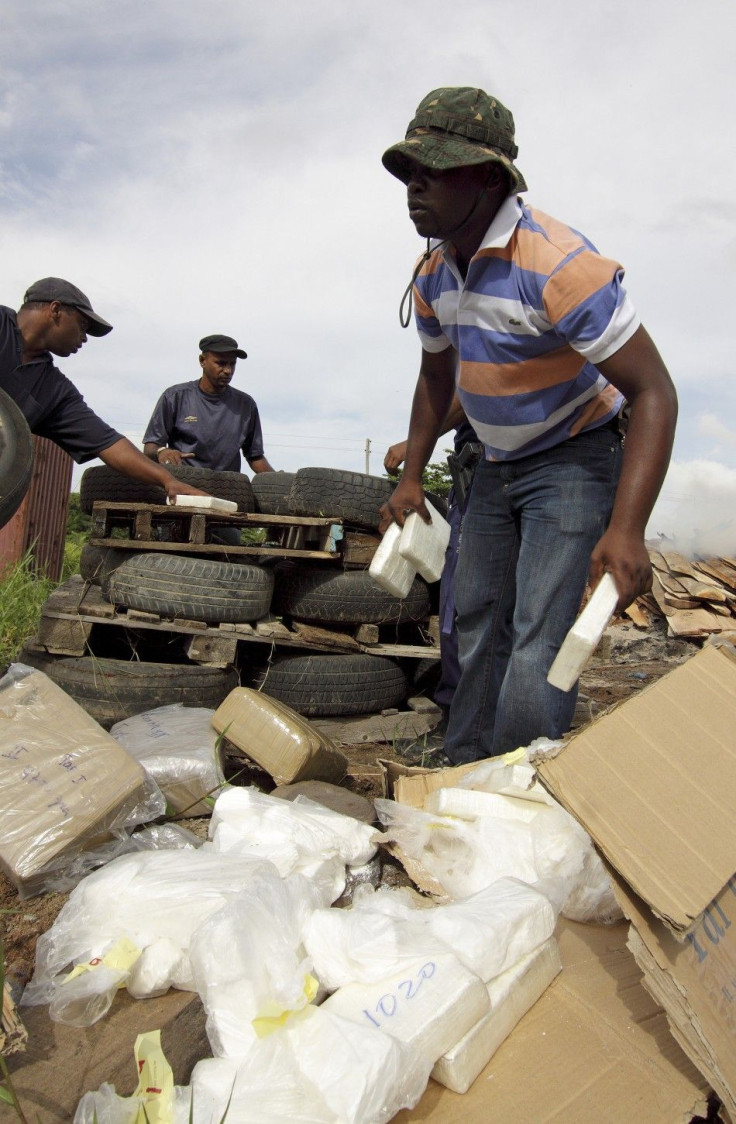War on Drugs Has Failed, Comission of World Leaders Says

The worldwide effort to aggressively crack down on the drug trade has been a disastrous misuse of government resources, a panel of current and former prominent leaders said.
The Global Commission on Drug Policy's final analysis concluded that the war on drugs, launched in the U.S. by President Richard Nixon, has produced devastating consequences for individuals and societies while focusing on punishment rather than treatment or prevention.
Vast expenditures on criminalization and repressive measures directed at producers, traffickers and consumers of illegal drugs have clearly failed to effectively curtail supply or consumption, the report said. Apparent victories in eliminating one source or trafficking organization are negated almost instantly by the emergence of other sources and traffickers.
Drug consumption rose steadily between 1998 and 2008, according to United Nations estimates cited in the report. This trend, along with the tenacity of drug traffickers and the cost of incarcerating offenders, led the report's authors to recommend a recalibration in policy that aims at removing the stigma around drugs with harm-reduction based public health measures, focusing on rehabilitation rather than punishment and even exploring the possibility of legalizing some drugs.
In spite of the increasing evidence that current policies are not achieving their objectives, most policymaking bodies at the national and international level have tended to avoid open scrutiny or debate on alternatives, the report said. The starting point for this review is the recognition of the global drug problem as a set of interlinked health and social challenges to be managed, rather than a war to be won.
The report's emphasis on lessening punishment for drug users is particularly relevant for the United States. The United States imprisons more people than any other nation, about a quarter of them for drug offenses, and the government has recently considered both drug sentencing reform and the consequences of exploding prison populations.
Prison overcrowding in California prompted the Supreme Court to recently order the state to reduce its prison population by some 32,000 people, and about 30,000 of California's 144,000 prisoners are there for drug or marijuana offenses. Attorney General Eric Holder yesterday advocated retroactively applying a new law that would reduce harsh sentences for crack cocaine offenders.
Still, White House drug czar Gil Kerlikokswke's office said that the report's recommendation that countries consider easing legal restrictions on some drugs was misguided.
Drug addiction is a disease that can be successfully prevented and treated. Making drugs more available - as this report suggests - will make it harder to keep our communities healthy and safe, Office of National Drug Control Policy spokesman Rafael Lemaitre said.
The Global Commission on Drug Policy included the former presidents of Colombia, Brazil and Mexico, former U.S. Secretary of State George Schulz, former United Nations Secretary General Kofi Annan and prominent intellectuals Mario Vargas Llosa and Carlos Fuentes, among others.
© Copyright IBTimes 2024. All rights reserved.





















